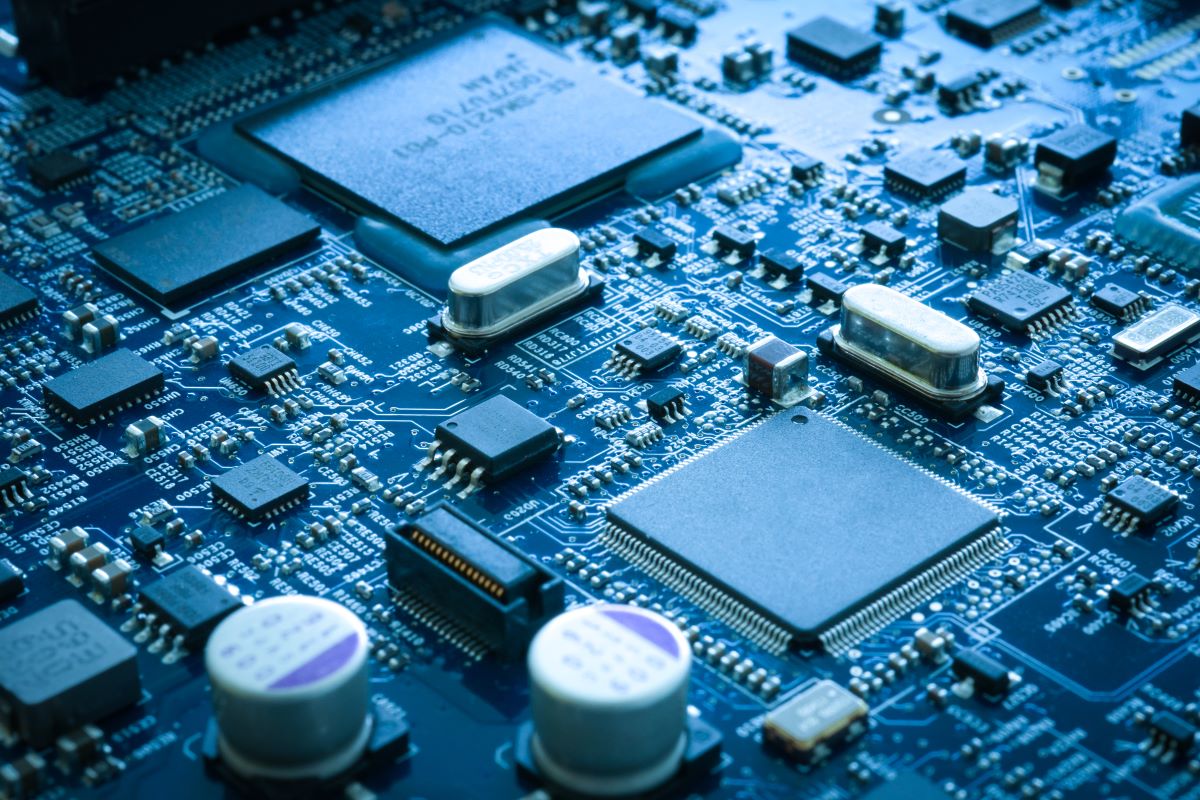Investors contemplating investing in semiconductor companies as an opportunity may want to think again, says an assessment of the sector by Citi analyst Christopher Danely. Recently, Danely observed that the market for semiconductor stocks is looking increasingly gloomy. The Russian invasion of Ukraine has dampened investor sentiment, which has exacerbated due to a likelihood of an economic recession and apprehensions over China invading Taiwan.
“It’s a den of bears out there,” Danely observed, adding that build-ups in semiconductor inventories are creating higher risks and an environment for poor rewards “if you believe a recession is coming.”
Declining chip sales
What has aggravated the chip manufacturers is that the sales growth of semiconductors has decelerated across the globe for six consecutive months. This is another sign of the fact that the global economy is under strain due to the weight of rising interest rates and escalating geopolitical risks.
Semiconductor sales increased 13.3% in June from the corresponding period last year but were down by 18% compared to May. According to data from the global peak industry body, the Washington-based Semiconductor Industry Association, the present slowdown is the longest since the US-China trade war began.
The chip sales’ moving average during the last three months has been associated with the performance of the global economy. As the global economy is witnessing a slowdown, inventory of semiconductors is piling up owing to declining sales. Danely said there are “more yellow flags” of caution emerging from the PC market, such as notebook shipments in February coming in below expectations amid rising product inventories at PC manufacturers. The most recent vulnerability is owing to growing concerns about a global recession which has led chip manufacturers like Samsung Electronics Co. to mull reversing their investment plans for new factories.
Semiconductor sales and economic trends
Today, the world is increasingly reliant on the semiconductor industry. Chips are key components in digital products and services, including smartphones, computers, and automobiles. The use of semiconductors increased during the Covid-19 pandemic as a lot of work is being done remotely depending on computers, laptops, and other electronic gadgets.
In fact, the interest rate hikes by various central banks across the globe to check inflation has been largely responsible for the slump in demand for and sales of semiconductors. The Russian invasion of Ukraine and the extended lockdowns in China to contain the spread of the pandemic impelled a rapid reversal in the international outlook for chip sales.
According to a Bloomberg Economics global tracker, the projections for the world economy have weakened precipitously this year, occurring simultaneously with the start of a chip slowdown.
Possible recession in the global economy
Signs of a possible global recession are also observed in trade data available from South Korea – the largest producer of memory chips globally. According to data, chip export growth eased to 2.1% in July from 10.7% in June, the fourth consecutive monthly slowing. On the other hand, semiconductor inventory rose by the most in June – in more than six years.
It is the same story in Taiwan, another major player in the semiconductor industry. The latest data reveals that while manufacturing contracted in June and July on this island nation, production and demand plunged. At the same time, new export orders registered the biggest fall – 30.2%.
For instance, the Taiwan Semiconductor Manufacturing Company (TSMC), the largest chip manufacturer globally, reported a decline in its net revenue for June 2022. On a consolidated basis, TSMC’s revenue for June 2022 was approximately NT$175.87 bn ($5.8 bn), a decrease of 5.3% from May 2022.
Meanwhile, Danely said that following a meeting with “several investors”, the sentiment toward companies that rely heavily on chip foundry TSMC, such as Advanced Micro Devices and Nvidia, is turning “bearish” due to the possibility of China setting its sights on invading Taiwan, which Beijing considers to be a “renegade province.”
Chip sales as a marker of the global economy
While the National Bureau of Economic Research rules out the possibility of a recession in the U.S., the International Monetary Fund (IMF) considers that there will be an expansion this year. The IMF further believes that the slowing chip sales don’t necessarily indicate a recession is imminent.
However, the world monetary body offers a glimpse into the health of the global economy that is heavily dependent on semiconductors that are a key component of everything from cars to smartphones to computers.
The seemingly gloomy take on the chip market notwithstanding, Danely said he was “surprised” to hear that many investors are positive about chip giants Qualcomm and Intel. According to Danely, Qualcomm is getting attention because it has gained a share in the market for mobile phone chips, while Intel’s valuation is attractive, and it is seen as “a hedge against a Chinese takeover of Taiwan.”


 Australia
Australia China
China India
India Indonesia
Indonesia Japan
Japan Malaysia
Malaysia Philippines
Philippines Singapore
Singapore South Korea
South Korea Taiwan
Taiwan Thailand
Thailand Vietnam
Vietnam






